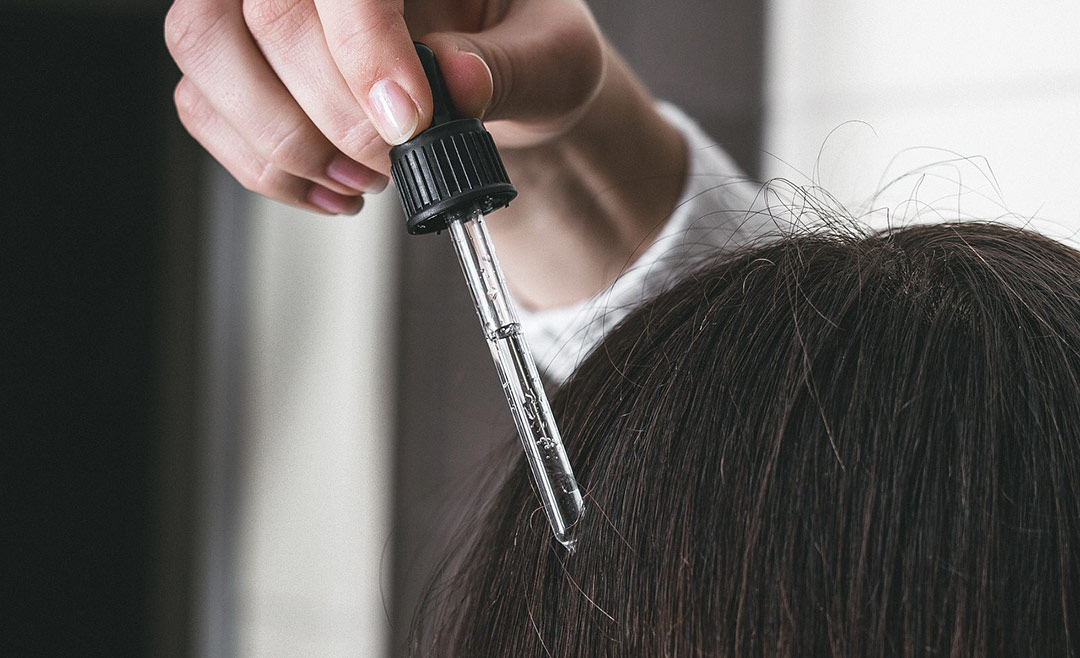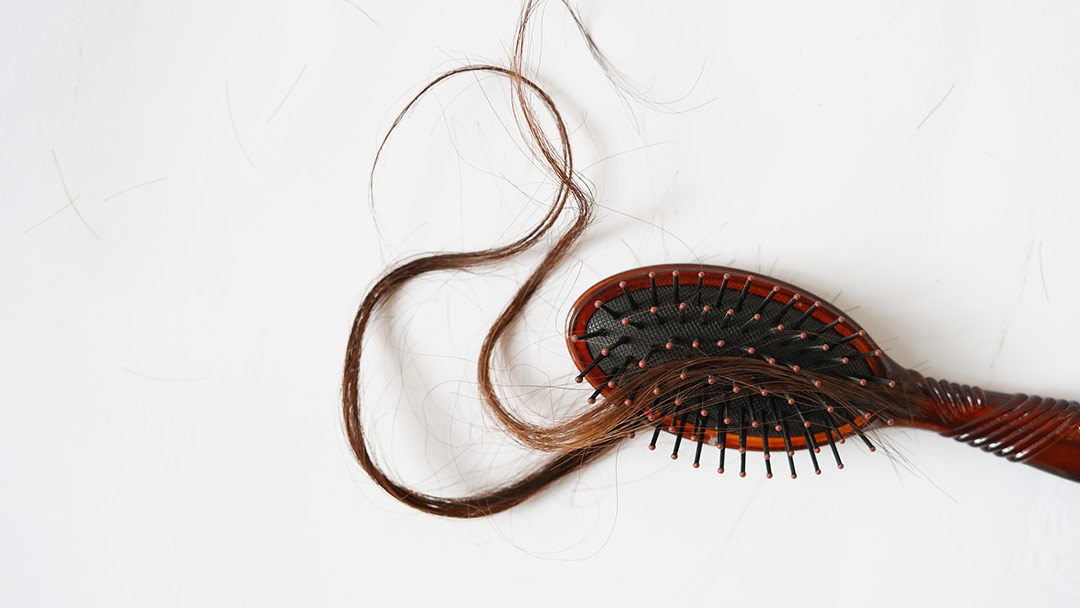Hair loss or alopecia is a phenomenon in which hair falls out from the hair follicle. Normally, the hair that falls out of the human body is at a stage of regression or cessation of growth. Since the hair at the stage of regression or cessation of growth and the hair entering the growth stage in the human head are in a dynamic balance, the number of hair in the human body will remain basically unchanged even if we keep losing hair. Therefore, pathological hair loss refers to the excessive and abnormal natural shedding of hair. However, there are many reasons that can cause pathological hair loss.

I. What are the causes of hair loss?
1. Excessive secretion of androgens in the body can lead to hair loss.
2. Hair loss is likely to intensify when a person is under significant stress. This is because under tremendous psychological pressure, the erectores pilorum muscle in the human body will shrink, and the hair will be in an upright position. The nervous system of the body is also in an abnormal and disordered state. Malnutrition of the hair follicles can inhibit the growth function of hair from various aspects, thus disrupting the physiological balance between hair growth and natural shedding and causing excessive hair loss.
3. People with endocrine disorders are more prone to excessive hair loss, such as pregnant women after pregnancy and women who enter menopause.
4. In daily life, many people avoid certain foods to reduce their weight, which can cause the appearance of nutrient deficiencies due to an imbalanced diet. This, in turn, leads to hair loss.
5. Smoking and alcohol consumption may seem harmless, but they are the main causes of hair loss. In addition, frequent overnight work, long-term working with a computer, and frequent visits to bars and clubs can accelerate the aging process, leading to hair loss.
6. Some people experience seasonal hair loss, which is more severe in summer. This is because the high temperature in summer causes the pores of the human body to expand, leading to a larger hair loss than in autumn and winter.
7. Some people do not know how to take proper care of their hair. After frequent use of incorrect hair care methods, they may experience hair loss due to lack of nutrition. For example, washing hair with hot water, using stimulating or excessively alkaline shampoos, etc. If these small details are not taken into consideration, hair can become seriously damaged over time, leading to hair loss.

II. What Foods Are Good for Hair Loss?
Proper diet not only helps us stay away from diseases but also has a good relieving effect on hair loss. Comprehensive and reasonable nutrition is extremely important for hair growth. We should consume protein, vitamins, and minerals reasonably from foods such as fish, lean pork, milk, dairy products, and soy products while avoiding spicy, greasy and stimulating foods.
1. Obese patients should reduce their intake of oily foods, and avoid hair follicles from being blocked due to excessive fat, which can inhibit hair growth.
2. More fruits and vegetables should be consumed, such as seaweed, red dates, and other blood-enriching foods. They can strengthen the toughness of the hair and greatly reduce hair loss.
3. High-sodium and high-cholesterol substances should be avoided as much as possible. Try to eat less of these substances every day to reduce the concentration of cholesterol in the body and lower blood pressure. This will also help promote normal metabolism of the endocrine glands in the body and further improve blood circulation.
III. How to Treat Hair Loss?
For hair loss caused by excessive secretion of androgens, male friends can take finasteride orally, and it needs to be taken continuously for more than a year to achieve good results. Females can choose some anti-androgen drugs, such as flutamide and cyproterone acetate. Minoxidil can be used topically, but it can cause hirsutism. However, it can be reversed after discontinuation. Women can also use some anti-androgen receptor drugs topically.
It is essential to note that medication should be taken under the guidance of a doctor! Overall, medication can be an efficient way to treat hair loss caused by certain factors. However, it is essential to consult a healthcare professional before taking any medications to ensure safety and effectiveness.








